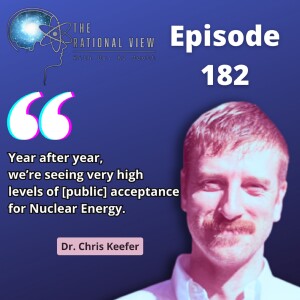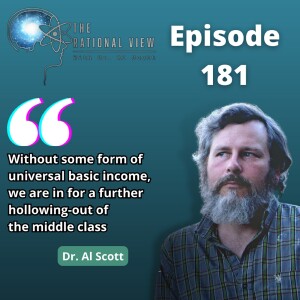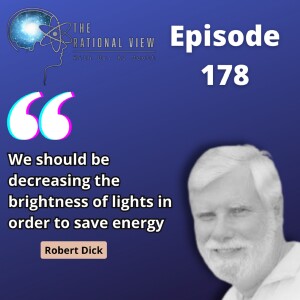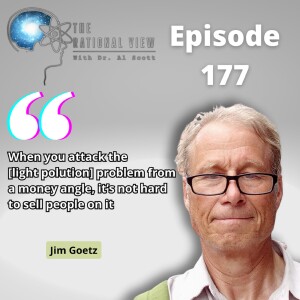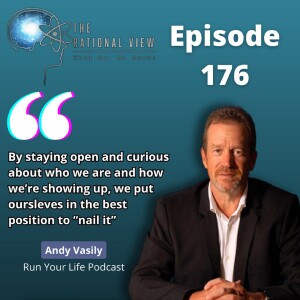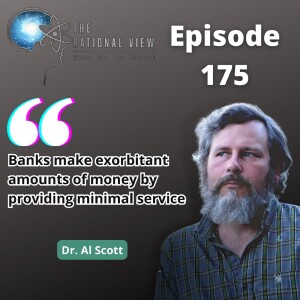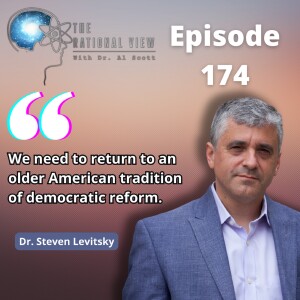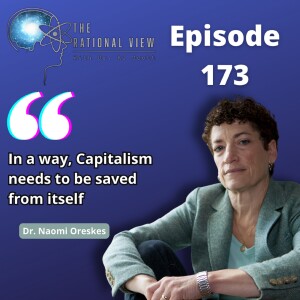Saturday Oct 28, 2023
In this episode I have a returning guest to discuss the fall. No not the weather. The fall of civilization. Our previous interview released September 12, 2020, was titled ‘This is how liberty dies’, where we discussed the frightening parallels between the evolving political situation in the US and events in multiple failed democracies. Despite these fears, my guest was quite upbeat about the prognosis for US to avoid an authoritarian uprising, noting that Trump was not as smart nor as popular as the leaders of successful revolutions. This was only a few months before the unsuccessful January 6th 2021 coup attempt, and it seems that for the moment anyway, he was right. I thought it might be fun for us to touch base and see if he might be interested in revising his opinion.
Dr. Steven Levitsky is the David Rockefeller Professor of Latin American Studies and Professor of Government and Director of the David Rockefeller Center for Latin American Studies at Harvard University. His research focuses on democratization and authoritarianism, political parties, and weak and informal institutions, mostly in Latin America. He is co-author (with Daniel Ziblatt) of How Democracies Die (Crown, 2018), which was a New York Times Best-Seller and has been published in 22 languages. He is also author many books regarding politics and authoritarianism in Latin America. His most recent book, also with Daniel Ziblatt is titled ‘The Tyranny of the Minority’.
Help spread The Rational View at patron.podbean.com/TheRationalView
Share your opinions with me on Facebook @TheRationalView
#TheRationalView #podcast #democracy #collapse #government #tyranny










